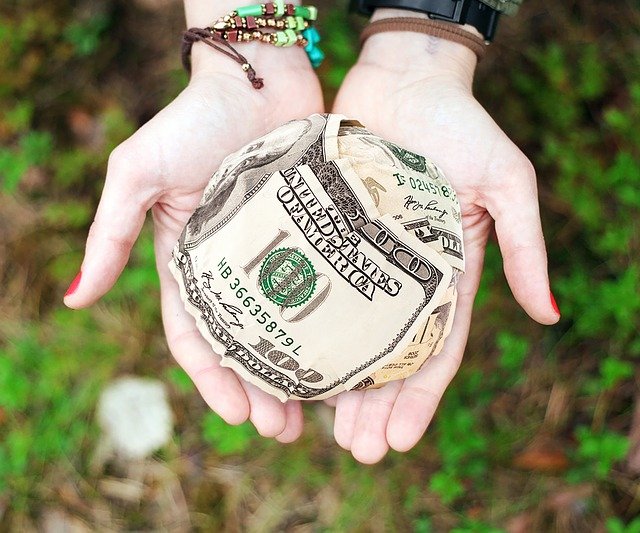The unprecedented coronavirus pandemic shocked the world when it was first described as a global pandemic in the early months of 2020. It has been a year since the first cases were reported, and the world has still not recovered. Many countries are still trying to curb the spread of the virus, while others are dealing with crippling economies and societal breakdowns.
The United States of America has been one of the worst-hit countries with approximately 30 million total cases. Americans have lost their jobs and been affected financially. But this has not stopped them from donating to a national charity like Yad Ezra.
‘Donation fatigue’ is a common term used to describe a situation where past donors suddenly stop donating to charities and causes they once believed in. As people lose more and more money every day, donation fatigue seems to be settling in in various parts of society. However, this does not seem to be the case amongst citizens of Maryland.
Baltimore Businesses Step Up
Several businesses located in the Maryland city of Baltimore, including restaurants, nonprofits and for-profits, have contributed to coronavirus relief efforts. Large, small and medium-sized businesses have not held back when it comes to donating.
While the rest of the country has slowed down when it comes to donating, Maryland businesses have fundraised millions of dollars. Additionally, local shops have also provided the community, colleges and public institutions with approximately 200,000 N-95 face masks.
A Joint Community Effort
During the nationwide lockdown, people spent more time cleaning their homes and removing items they no longer needed. Local organizations in Maryland reported a notable increase in charitable donations. The organizations were responsible for receiving, cataloguing and storing the furniture, furnishings and items. Community volunteers then distributed the items to those in need, including restaurants, community centers, and individuals in need.
Local restaurants, grocery stores and community centers have been offering free meals, groceries and essentials to those in need. Many employees have been laid off or have had their salaries reduced. Several informal campaigns have been set up to help former employees pay their bills, and many Maryland citizens are donating to these.
The Importance of Helping Out
The coronavirus pandemic has had a negative impact on everyone. It has been especially horrible for those who are less privileged than others. The presence of a widespread pandemic does not negate the existence of other humanitarian problems. Hunger, poverty, war, and racial and gender equality are still ravaging societies.
Charities are a reflection of a society and its citizens. When communities come together, they can create a large impact. No matter how little money a person chooses to donate, they nonetheless contribute towards the impact. Every penny counts. If 10 people donated $10 each, they would raise a total of $100, which can make all the difference in another person’s life.
It is now more important than ever to partake in charity work during the pandemic. Not only are others struggling to make ends meet, but they also don’t have access to essentials, such as groceries, face masks, and hand sanitizers. If an American cannot donate financially, they should volunteer at local charities and non-profit organizations.
Slowing Down
In 2017, Americans contributed $410 billion to charitable organizations. This number has since dropped as only 29% of Americans donated towards COVID-19 relief in 2020. The rest of the country should look to Maryland residents for inspiration.
They should work towards helping others in need as the global economy is worse than ever. Human rights are still being violated in lesser-developed countries. Now is the time to rally the community, come together and showcase the power of humanity, empathy, and kindness.








Recent Comments